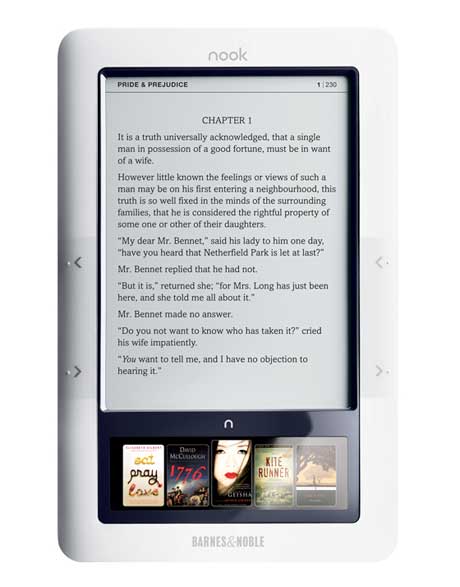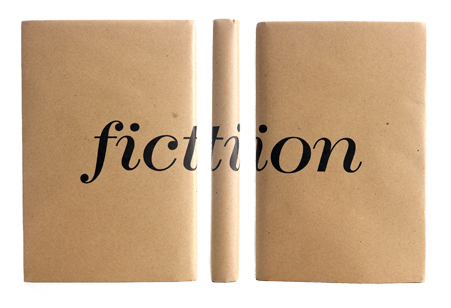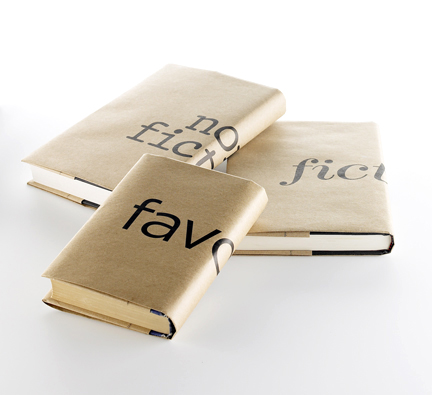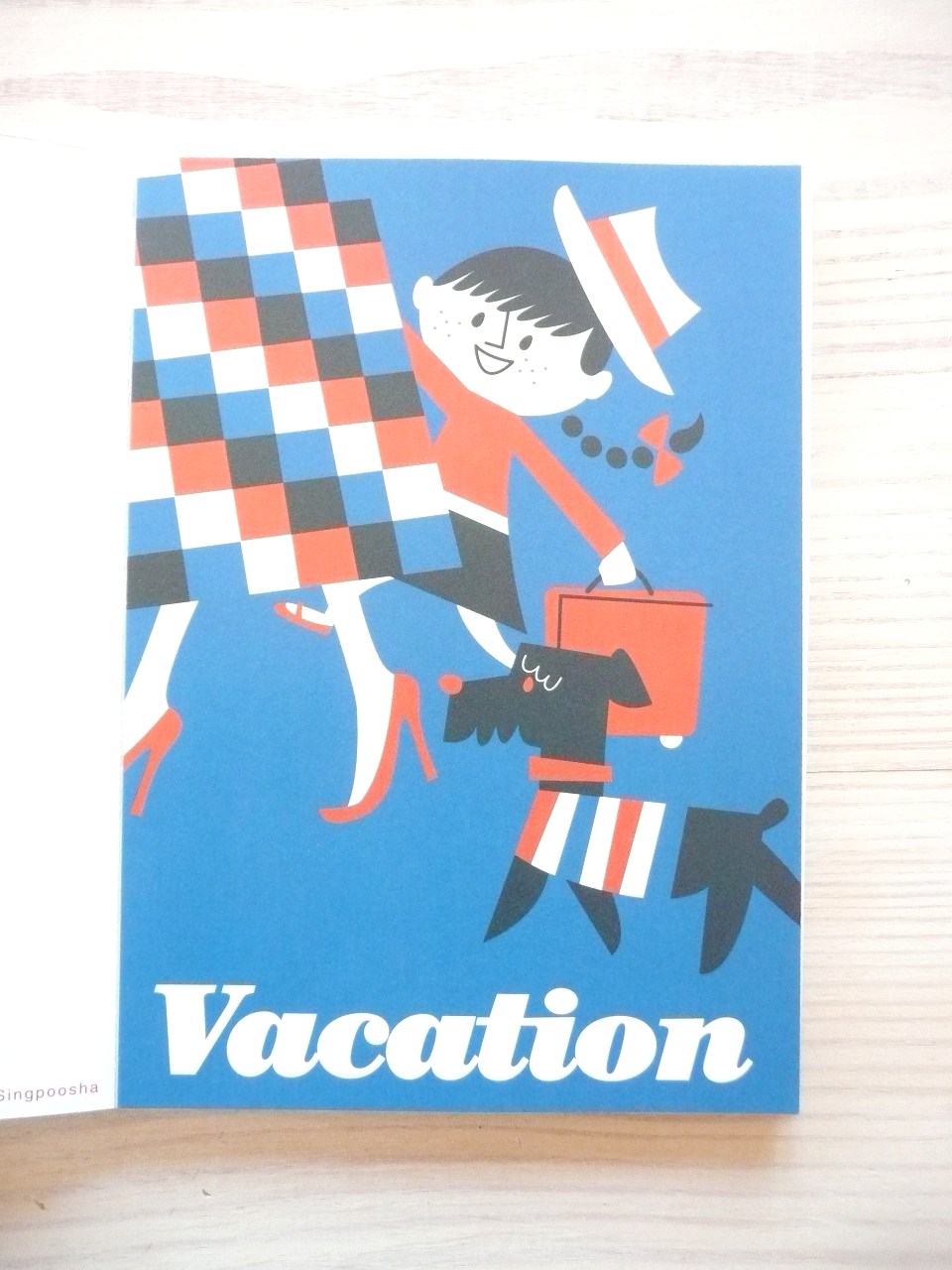Yesterday I was at Book Net Canada’s Technology Forum at the Radisson Hotel on Queens Quay West in Toronto.
The theme of the event was Evolution or Revolution: “How does the publishing community best prepare for the next generation of reading (and readers)?”
With a wide-range of speakers from publishing and beyond, there were lots of ideas zipping around.
For basic details, the day’s schedule, brief summaries, and slide-show presentations are available from the BNC website, and immediate, off-the-cuff comments (including my own not terribly clever insights) can be found on Twitter with the tag #bnc09.
The Quillblog has just posted a scholarly summary of the day, but here are some of my slightly random notes on the good, the indifferent, and the ugly of Tech Forum 24 hours later…
The Good
BookNet. Along side SalesData and the forthcoming BiblioShare (which will facilitate access to bibliographic data), Tech Forum demonstrated that BookNet is fast becoming the honest broker for publisher collaboration in Canada. Whilst dropping heavy hints about future BNC projects (notably electronic cataloging) CEO Michael Tamblyn delivered a genuinely brilliant presentation, and slipped in the line of the day:
“Plastic Logic is like Jesus: It’ll save the world, but only 12 people have seen it, and no one knows when it is coming.”
(With quips like that I can almost forgive him for: “What do you want your revolution to be?” Er… Something that doesn’t involve vacuous bullshit hyperbole?*)
Harlequin Enterprises. Discussing the evolution of their ebook program, it was hard not to be impressed with Harlequin’s willingness to experiment in a potentially conservative market. I’m yet to be convinced that everything they do could be done as effectively by a general trade publisher, but Harlequin’s initiatives demonstrate that publishers should innovate and innovate often. And involving authors and readers will only improve that process.
Neelan Choksi, COO of Lexcycle who managed to talk about technology without condescending to his audience or hard selling Stanza. He also dealt with speed-presenting the app’s new features as the video demo malfunctioned behind him with self-deprecating good humour.
Hugh McGuire (LibriVox, BookOven) shaking off scurilous internet rumours that he is the angry man of publishing, and talking about love. A lot. Hugh’s advice: Focus on readers and enable book lovers to talk about your books. Do not underestimate the power of passionate people!
And, it should also be said, Tech Forum was a great opportunity to meet new people in the industry and catch up with familiar faces.
The Indifferent:
Too little discussion of quality and how to make better books; too much blather about marketing and window-dressing.
Asking a room full of Canadians “how many of you have Kindles?” is an easy mistake for an American to make, but it was indicative. The US and Canada are very similar — in lots and lots of ways — but there was very little recognition that there are also very real differences between the markets. The absence of any Canadian sales figures and stats (or even cultural references) made several presentations markedly less compelling.
Assuming that your specific experience can be generalized; the current model is valueless and irreparably broken (even though it provides the vast majority of our business and fuels yours); that publishers are fiddling while Rome burns; you know something (anything) about the music industry and can make a convincing argument with sloppy comparisons; all content is of equal value; social media will save the world; the screen is inherently better than print; DRM is the biggest thing we have to worry about…etc. etc. = big *meh*. Platitudinous digital orthodoxy is . not. interesting.
The surprisingly low number of people online at the forum. Mark Birtels’ unofficial count had a dozen laptops in use in the room of around 200 people (all Apples except mine!), which is pretty close to the number of people who live-tweeted the event… It’s hard to convince people we know our arse from our technological elbow with those kind of numbers…
The Ugly
The really good news is that there was surprising little to complain about. BNC Marketing Manager Morgan Cowie and the rest of the BNC staff did a great job of corralling everyone and ran a great event. BUT, just for the record, if there’s one thing worse than PowerPoint presentations, it’s BAD PowerPoint presentations: Never. Use. Comic. Sans. In. Anything. Ever.
And if you were at Tech Forum yesterday, I would love to know what you thought about it. Send me an email send at danielwagstaff [at] gmail.com, DM me on Twitter, or leave a comment below…
*As its overall glibness atests, this post was written in haste to be timely, ‘hyperbole’ better fits my intended meaning better than ‘bullshit’.
Like this:
Like Loading...







